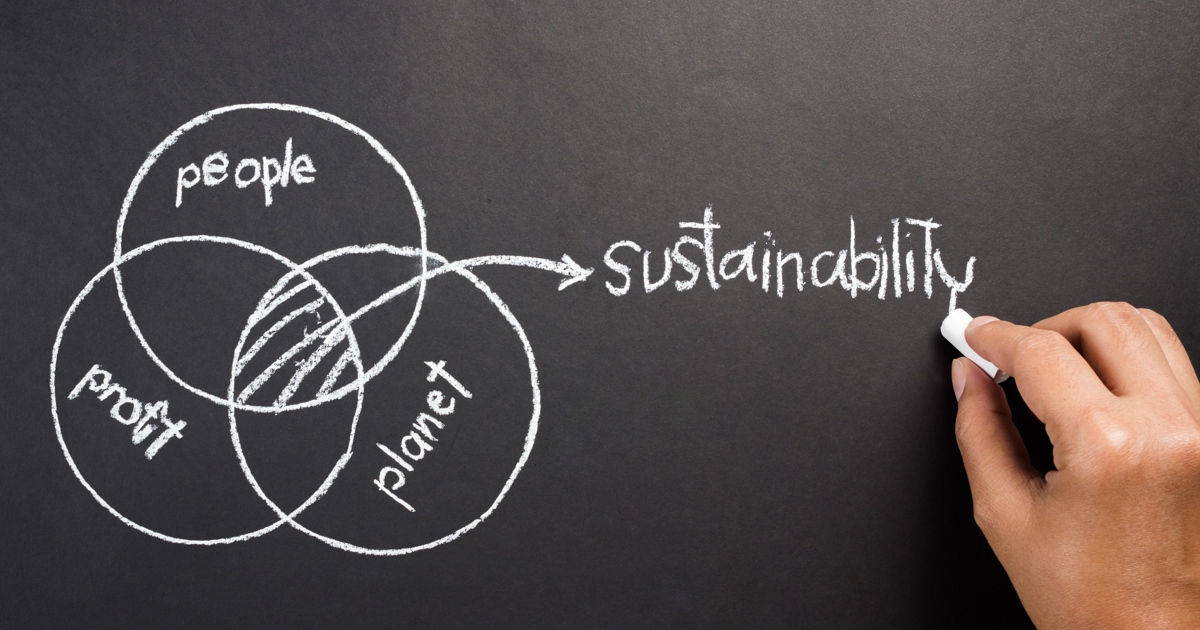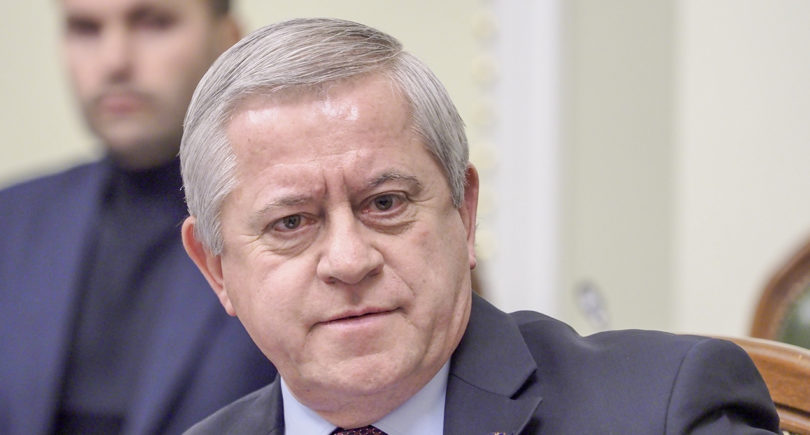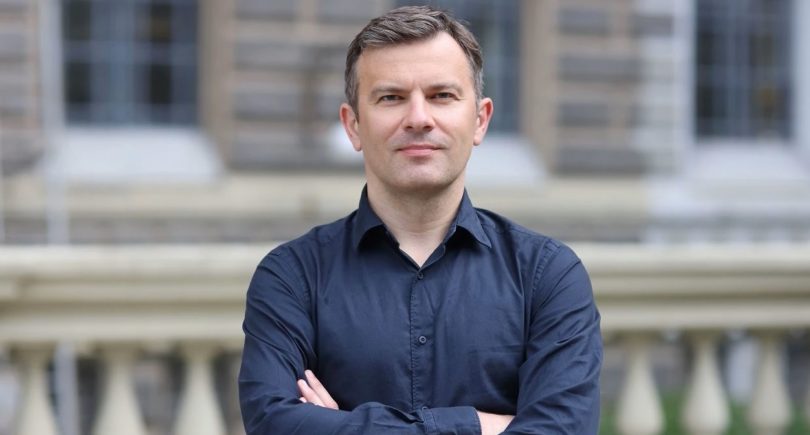
Opinions State decarbonization 878 16 November 2021
Fees collected from companies that emit the most greenhouse gases should be invested in the economy
Now, there are great opportunities for Ukrainian companies to integrate more closely into the chains of supplies to Europe in the framework of the green economy, believes Chloé Allio, Head of Section “Economic Cooperation, Energy, Infrastructure and Environment” of the EU Delegation to Ukraine. But access to the European market will depend on the modernization and improvement of the Ukrainian industrial standards.
Chloé Allio shared that insight and spoke of Ukraine’s opportunities for getting EU financial assistance during the Sustainable Development Day organized by the European Business Association. GMK Center is going to share the key points of the expert’s speech.
— It is business that leads the green transformation. The majority of companies integrate the Sustainable Development Goals into their business strategies, and that process is global.
We would like to see Ukraine actively engaged in the negotiations on the European Green Deal, which has been in development for several years now. We’ve had several high-level meetings between members of the Government of Ukraine and the European Commission, with our colleagues and experts. So, we can already see that all the topics of the green transition, all the topics of the environment have been generally integrated into our policies. In addition, we have the Association Agreement in place, which is the main driver of our further cooperation. Ukraine hears us and is also trying to bring its legislation in line with the European requirements.
We see progress in the field of environment but, unfortunately, there has been little progress in waste management, pollution control and uncontrolled emissions so far. There is still much to be done, so we are ready to continue to provide technical support in this transformation. We also believe that it will require a large amount of funding.
We now have about €300 million earmarked for projects in various economic sectors that support green transition. And we are looking for ways of raising additional funding for environmental, transport, and infrastructure projects. Today, there is an opportunity for additional funding through loans in the amount of almost €70 million.
I think that Ukraine does have a great potential for achieving decarbonization goals. So we really care about your climate neutrality targets. We welcome the fact that Ukraine, at a meeting in Glasgow last week, joined the declaration following the international conference and is ready to join the decarbonization alliance. This gives us a very important signal that Ukraine is actively seeking to join the progressive countries that also support the green transition.
We understand that green transition is very difficult. It is going to be hard for the European Union too. To make that happen, we must engage all the stakeholders, all the players. A dialogue should be established between the public, governments, and businesses with a view to identifying the possibilities, determining the cost of such transition and, of course, estimating how much omission would cost us.
In the European Union, we created one of the most effective mechanisms for reducing emissions. That is a mechanism of additional taxation of carbon emissions. Ukraine’s current СО2 emission rates are not very high. The EU stands ready to support Ukraine in creating a climate policy architecture so that the money it collects from companies that emit the most of CO2 will continue to be invested in the economy. It is necessary to make sure that this money is reinvested in the economy in order to assist Ukraine in the green transition.
During our recent meeting, we agreed to create a platform to fund the green transition. The idea was in coordinating financial capacities and policies with all donors. Those are not only the European Union, but also international financial institutions, because it is crucial for us to see how all donor funds will be used, and also how private investment will be mobilized.
In all countries of the world, it’s not only governments that invest in green transition — it’s also businesses that make their investments in new technologies and new approaches. It’s quite clear that business community is key to enticing investors. So we were very happy to hear it in Glasgow that new opportunities for modernization arrive and that the costs of technologies are reducing.
We are convinced that there are great opportunities for Ukrainian companies to integrate more closely into the chains of supplies to Europe within the framework of green economy. And we do think that Ukraine should go that way and avail itself of such opportunities.
Finally, I would like to emphasize, once again, the importance of a circular economy because it will create new opportunities. Circular economy will help to not only improve the production methods, but also reduce waste, which is crucial. It should create jobs in various sectors, including in ecodesign and production — in all those sectors where Ukraine has a potential for further development. Of course, again, relying on the value chains in Europe.
We hope that it will help closer cooperation with the European Union in the future, as Ukraine and the European Union are extremely important partners. But access to the European market will depend on the modernization and improvement of the Ukrainian industrial standards. Over time, it will become increasingly difficult to do business with the European Union for companies that lag behind in terms of carbon emissions and do not use “smart” packaging. Such challenges create very good opportunities for Ukrainian companies willing to take full advantage of them.






